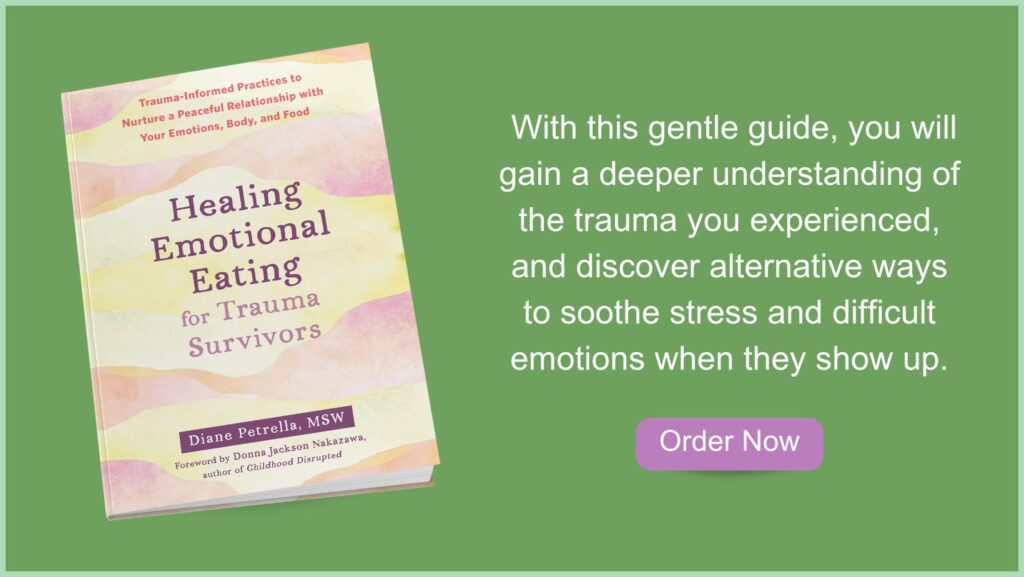Testimonials
Diane’s intuition, talent and experience helps her clients find within themselves their own gifts, strengths and spirit needed to reach their goals.
Anne, ModelThank you for everything Diane! It was wonderful to find a practitioner who believed in listening to the body, trusting one’s intuition and finding answers within. I am very grateful to you.
Jean, ModelWorking with Diane was transformative, a very powerful experience.
Christine, ActressDiane’s insight helped me to see things in a new light and to take charge of my own life. I gained invaluable skills to handle my life issues in a more productive and loving way.
Deb, ActressDiane helped me process my past to a place of understanding and forgiveness. I feel empowered and in control of my life. I have peace.
Nan, ActressDiane has such a loving presence. Working with her helped me develop self-confidence and strength. She always called forth my wisest self and encouraged me to let my light shine.
Isabella, ActressI’m finally able to take care of myself in ways that strengthen my body and spirit. Thank you, Diane, for helping me learn to love my body…and myself.
Carol, ActressThank you so much, Diane. You’ve been caring and supportive and never gave up on me. Your words of wisdom have helped me through my journey. I am so grateful.
Maureen, ActressThank you, Diane! You have helped me to think differently in a way that is healthier for my spirit. I am so amazed at the growth I’ve made.
Kristen, Actress
PSYCHOTHERAPY
If you want to find a psychotherapist to help you address the trauma from your past and you live in the United States or Canada, here are some therapist-finder tools to locate someone in your local community:
Psychology Today
Good Therapy
Zencare


